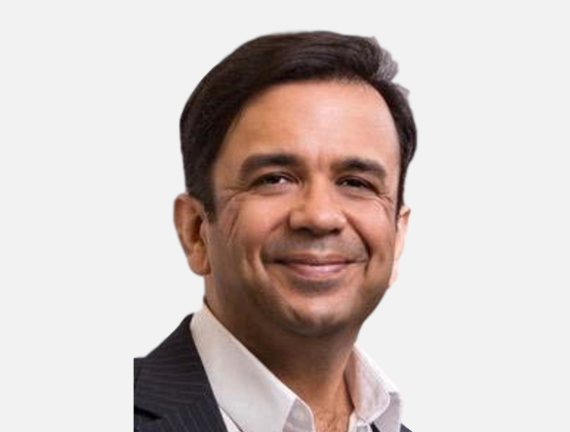March 14 (3.14), my daughter was scribbling numbers on her notebook. “It’s pi day, Daddy”- referring to the Greek letter ∏” The numbers on her paper swirling in my mind, I could not help thinking about data. The seemingly innocent combination of numbers, yet powerful when they combine to paint a story, their impact on key people decisions and on people’s lives…..
Over the last two decades, the Human Resources function has metamorphosed from being a transaction engine to a source of strategic advice In the new age of conducting business, there is definitely a seat at the table for HR. The question though is how does one grab the full potential that this opportunity offers? Data and business acumen might just be the key to solving this conundrum.
For me, data is more than a skill set. It’s an attitude. The attitude to have an inquisitive mind which says-I must have evidence of what I am trying to make a statement of. Data is driven by the urge to substantiate what we are hypothesizing. Sounds simple? So why do we in HR often tend to lag behind other functions when it comes to incorporating data into decision making. We think of data as a challenge because we tend to view it as a skill set and when it is a skill set, you could have two or three reactions. The first could be- “It’s not a skill set I want to gain because I don’t have time for it”, “It’s not a skill set I think I need because I have been fine without it” or there’s a fear of the unknown. When you use it as a means to an end and not the end itself, then data becomes a part of life.
But gathering data is not that hard-right- then where does it go wrong? The biggest mistake we can make out about data is: collect lots of it but don’t do much about it. Take for an example, an employee pulse survey. Simply collating the survey inputs is not enough-having an action plan based on inferences from what the data is telling is a powerful story- being predictive of the potential new issues is key to great organizational health.
Sometimes we get excited about a data point and can quickly jump to conclusions—let’s say four people left the company at the same time-it would be a very dangerous statement to make that the attrition has spiked up and go into a crisis mode. It could be a specific set of circumstances around one data point, which when you look at data over a period of time, is just an anomaly. You need to look at data over a period of time, study it intelligently and see where the HR value comes. Make it part of your attitude, make sure you are doing something with the information you collect and are able to look at the big picture and the stories around those numbers, without being lost in smaller details.
But hey- HR is an instinctive function- don’t you just go with your gut feel—why bother with data driven processes? To be honest both gut instinct and science are important. Let’s say you have a doctor who has read all the books in the school. After he has studied your symptoms, he’ll say- you’ve got a running nose and give you some medicine. But you will also have savvy individuals who would say, “ you have been walking around in the rain, the weather’s been pretty cold and you have been hanging around with people who are sick- I’d advise you to stay warm and increase your Vitamin C intake” Now that’s a predictive doctor. Use your instincts because that’s what makes you special as an HR person to better understand emotions, but then also use data to validate those emotions.
Let’s recap some of the ground rules:
- A thumb rule of geometry is you need at least two points to draw a line – lines drawn on one point just become tangents; connecting the dots between synergistic data points leads to the decision line which serves as a solid pillar for making informed decisions
- Data is good only if it leads to information and inferences and decisions
- Time-frame: Did you collect the data before an event happened or in anticipation that one will?
- How we process the information will lead to decisions-think of trends, simplification
- Think of the big picture and not get lost in “Analysis Paralysis”
- How data is utilized, not just gathered is key- how many times did you get your dinner restaurant packed only to throw it away or that television show you recorded to watch later but never really didJ
Data Analytics is not about analyzing the past. It is about predicting the future-before it happens!
Don’t do data because someone asked you to. Don’t do data because you had to. Do data because you can’t do without it.
This article originally appeared on LinkedIn.com


